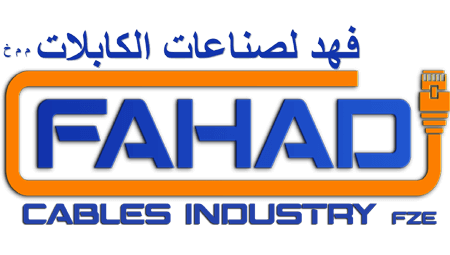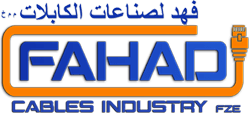Blog
Exploring Network Cable Cat6 U Utp CMR Cable Manufactured by Fahad Cables Industry FZE
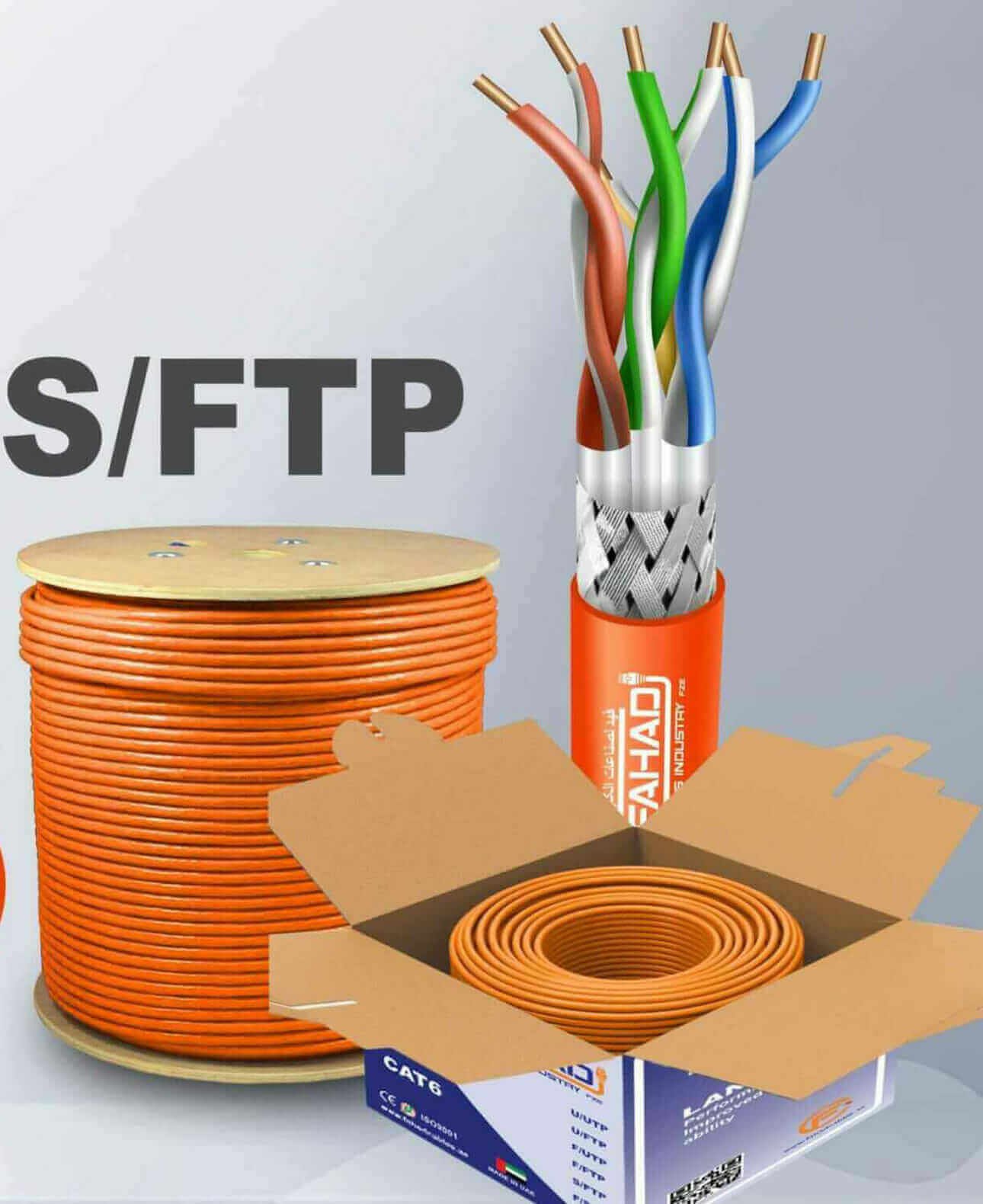
Introduction to UTP Cables
Unshielded Twisted Pair (UTP) cables are a cornerstone of modern telecommunications and network infrastructure, widely recognized for their efficiency in data transmission. Comprised of pairs of insulated copper wires twisted together, UTP cables minimize electromagnetic interference, which is crucial for maintaining the integrity of data. Comprising different categories, such as Cat5, Cat5e, Cat6, and beyond, these cables cater to various bandwidth and transmission speed requirements, making them versatile for a multitude of applications.Network Cable Cat6 U Utp CMR
The function of UTP cables is primarily to facilitate the transfer of data signals in both wired local area networks (LANs) and telephone systems. Their design allows cat6 fiber cable for fast and reliable communication, while also ensuring the cables can be laid in various environments, whether in residential homes or commercial enterprises. In commercial settings, UTP cables connect computers, routers, switches, and other network devices, supporting everything from high-speed internet connections to voice over IP (VoIP) services.
Due to their cost-effectiveness and ease of installation, UTP cables are often favored in the installation of network infrastructures. Their lightweight nature makes it practical to run them through walls and ceilings without significant labor costs or logistical challenges. Furthermore, the absence of shielding in UTP cables contributes to their flexibility and adaptability in various installations, making them suitable for both temporary and permanent setups.
In residential settings, UTP cables enable seamless internet connectivity and multimedia solutions, becoming a vital component of home networking. From streaming services to smart home devices, UTP cables support the growing demand for reliable and rapid data transfer. As telecommunications technology continues to evolve, the importance of UTP cables remains evident, demonstrating their enduring significance in connecting homes and businesses across the globe.
Overview of Fahad Cables Industry FZE
Fahad Cables Industry FZE, established in the early 1990s, has made significant strides in the manufacturing sector of electrical and telecommunication cables. Based in the United Arab Emirates, the company has positioned itself as a leader in providing high-quality cable solutions that meet the diverse needs of various industries. Over the years, Fahad Cables has expanded its operations, embracing technological advancements to enhance manufacturing capabilities and product offerings.
The mission of Fahad Cables Industry FZE revolves around delivering innovative and reliable cable products that adhere to international standards. The company continually invests in research and development to produce cables that not only offer exceptional performance but also align with the evolving demands of modern technology. Their vision focuses on being recognized globally as a premier producer of electrical and telecommunication cables, committed to excellence and sustainability.
Fahad Cables operates a state-of-the-art manufacturing facility equipped with advanced machinery and production lines. This allows for the efficient production of Unshielded Twisted Pair (UTP) cables along with various types of electrical cables tailored to customer specifications. The facility emphasizes quality control at every stage of production, ensuring that all products undergo rigorous testing for durability and performance. This commitment to quality is a key differentiator for Fahad Cables in a competitive market.
In addition to product excellence, Fahad Cables Industry FZE prioritizes customer satisfaction and builds sustainable relationships with clients. By fostering a culture of integrity and responsiveness, the company aims to create effective solutions that meet the specific needs of its customers while armoured ethernet cable cat6 contributing to their success. With a strong foundation and clear forward-looking strategy, Fahad Cables Industry FZE is poised to continue its growth in the cable manufacturing landscape.
Quality Standards and Certifications
Fahad Cables Industry FZE is committed to maintaining high quality standards in the manufacturing of its Unshielded Twisted Pair (UTP) cables. This dedication is fiber cat 6 reflected in the various international certifications and compliance protocols that the company adheres to throughout its production process. To ensure the highest level of quality and reliability, Fahad Cables Industry has achieved ISO certifications, which serve as a testament to its adherence to globally recognized quality management systems.
Notably, the company possesses ISO 9001:2015 certification, which underscores its capability to consistently provide products that meet customer and regulatory requirements. how to connect fiber optic cable to cat6 This certification indicates that Fahad Cables Industry FZE has implemented effective quality management systems that guide the manufacturing processes of their UTP cables meticulously. Each stage of the production process is monitored, thus ensuring that only the best materials and practices are employed.
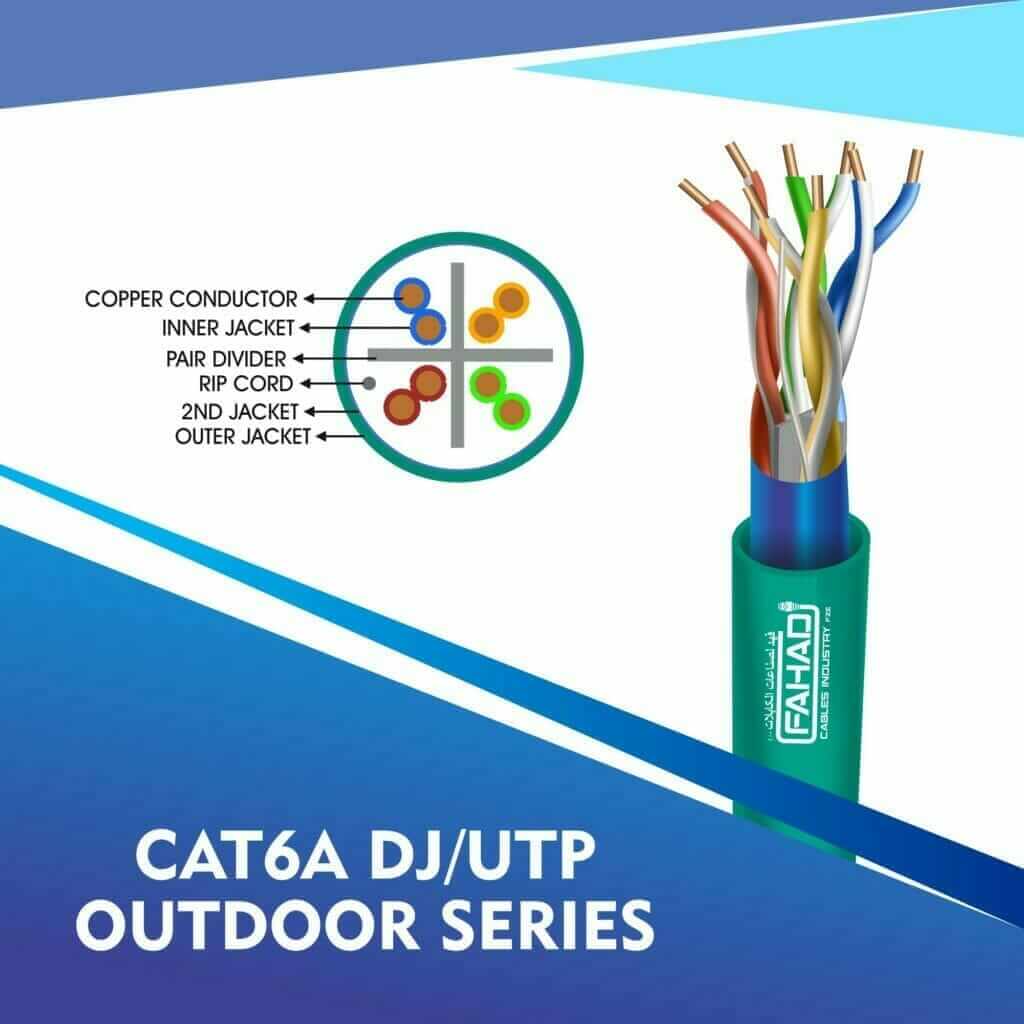
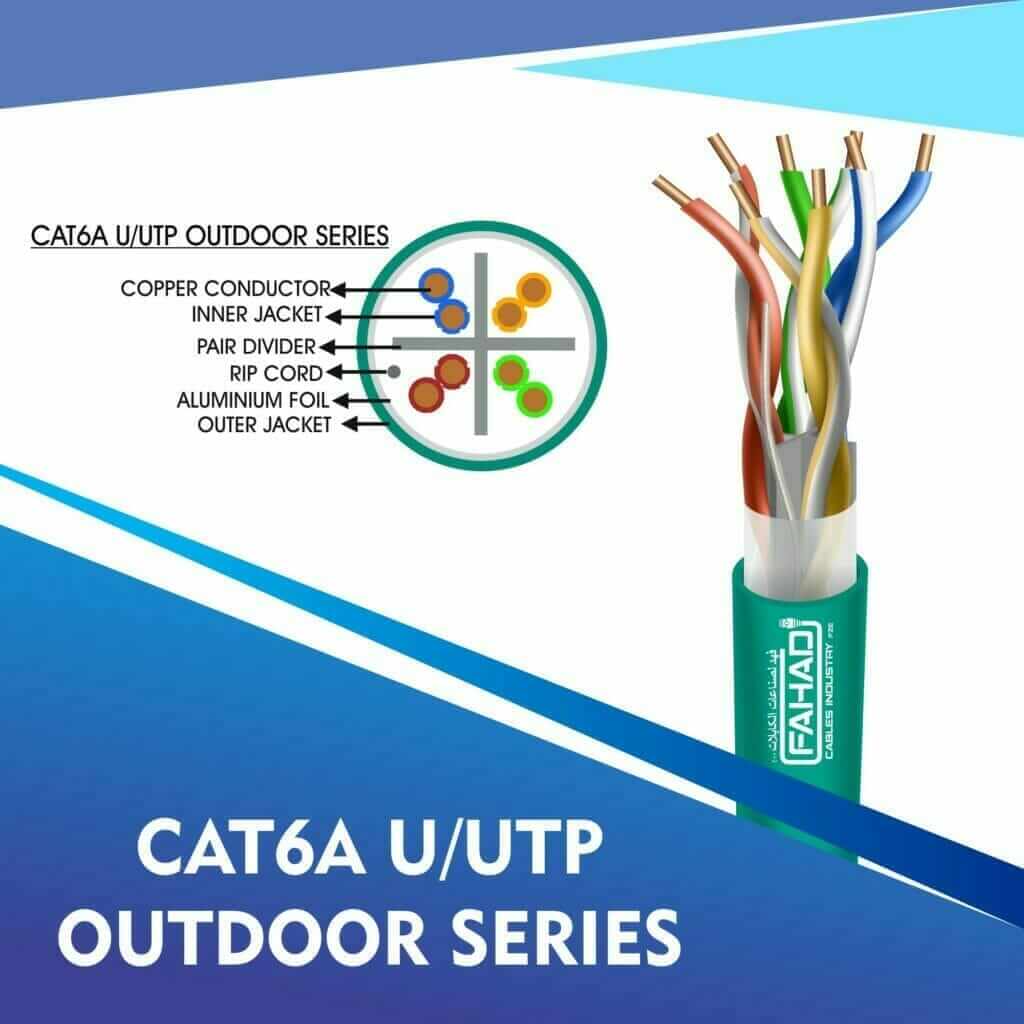
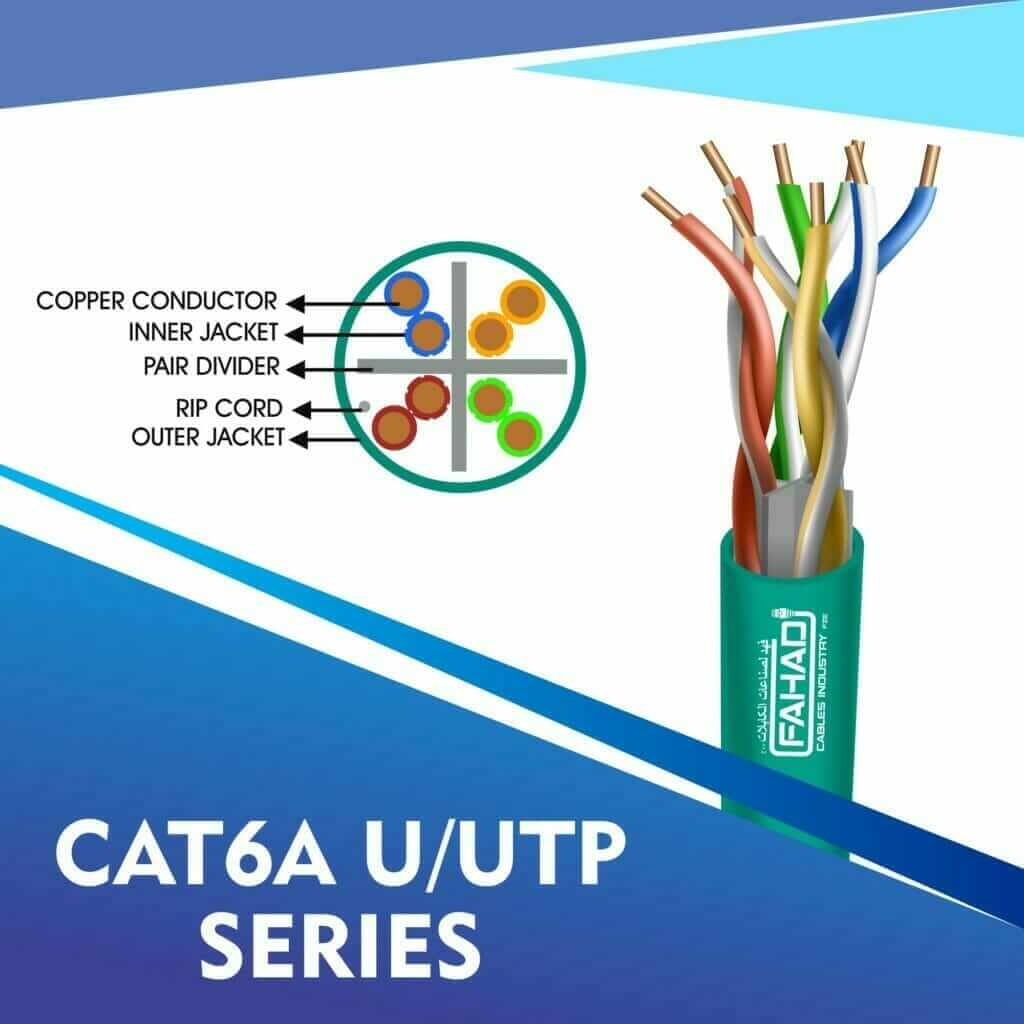
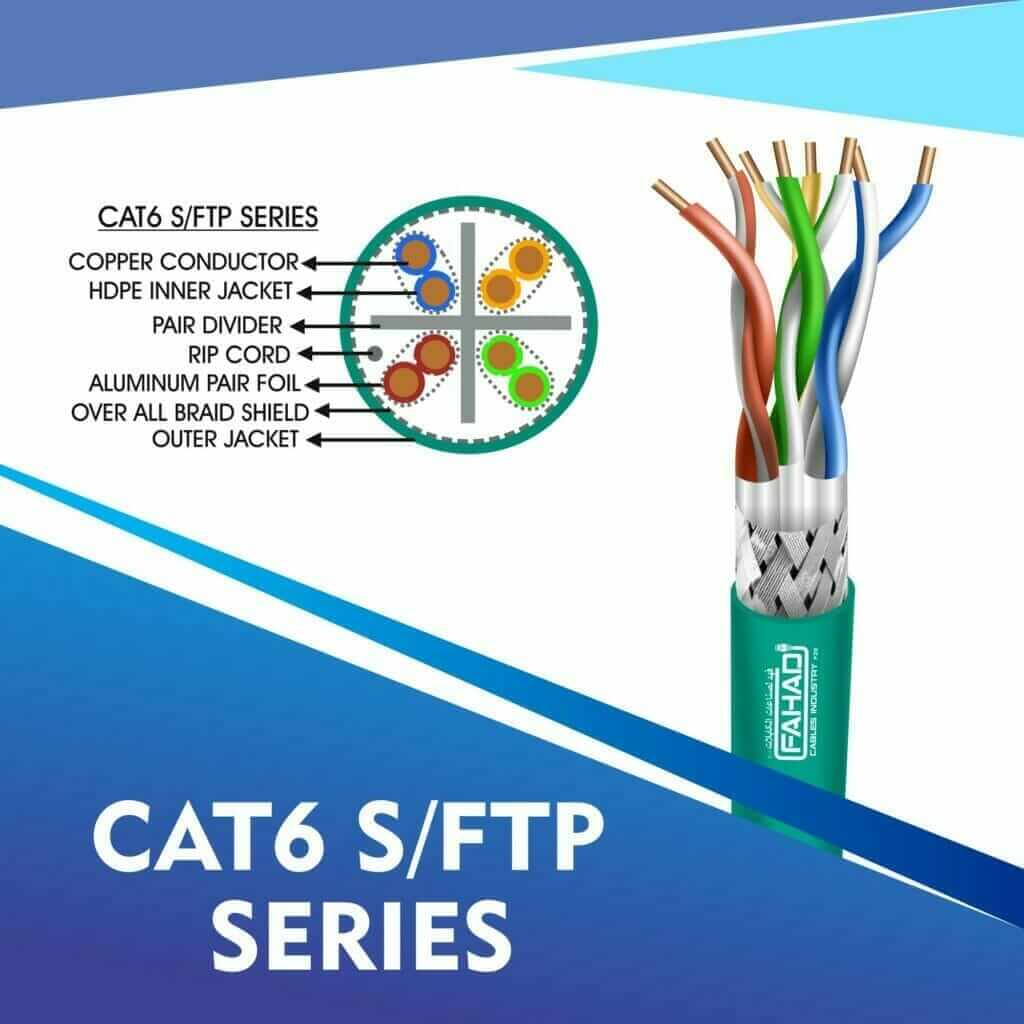
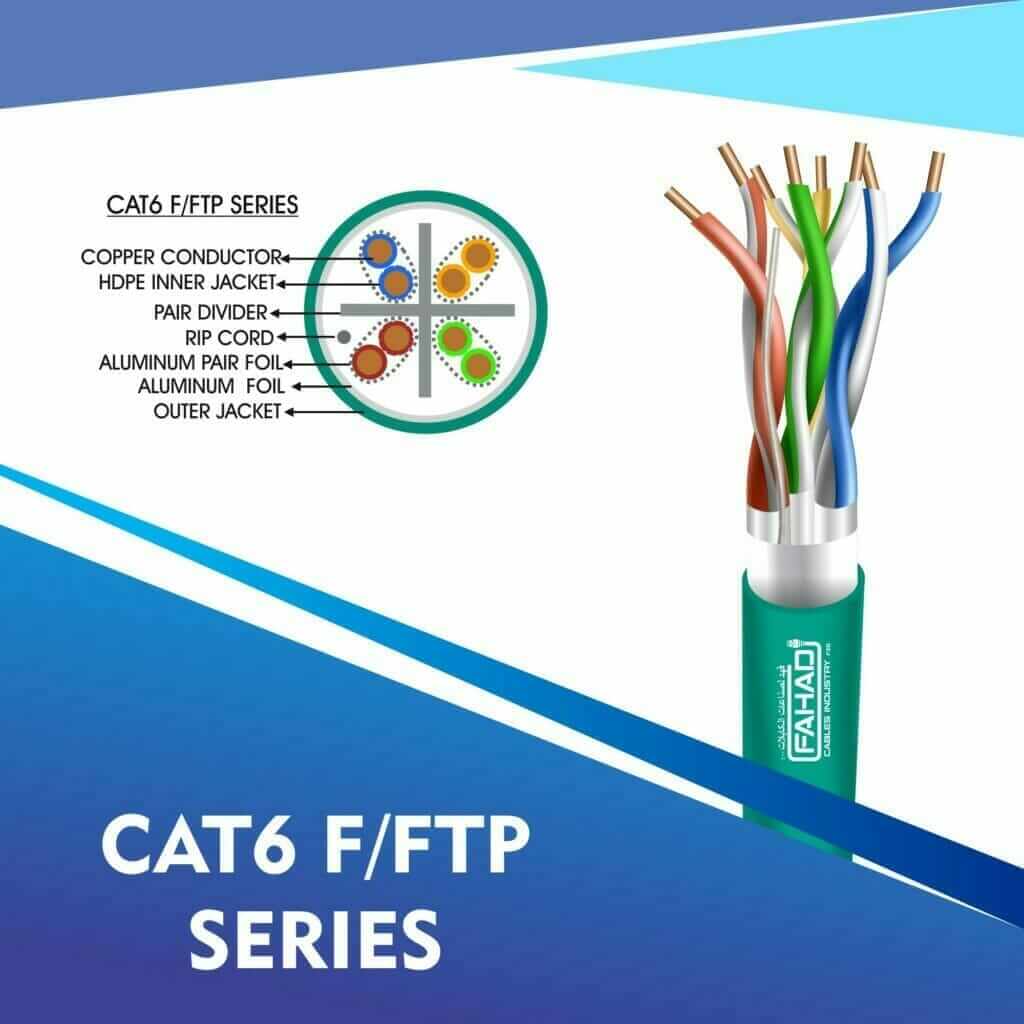
Moreover, Fahad Cables Industry FZE ensures compliance with other international standards, such as the IEC (International Electrotechnical Commission) specifications, which govern the performance and testing of communication cables. By aligning with these standards, the company guarantees that its UTP cables are reliable and capable of meeting various application needs. Unique testing processes, such as electrical performance testing and environmental simulations, are conducted to verify that the products can endure real-world conditions. Such thorough testing is essential for providing assurance regarding the durability and efficiency of the cables.
In conclusion, the commitment to quality standards and certifications at Fahad Cables Industry FZE not only enhances the reputation of the brand but also instills confidence in customers regarding the reliability and performance of their UTP cables. By adhering to stringent international standards, the company ensures that its products are of the highest quality, thereby meeting the diverse needs of the telecommunications and networking sectors.
Technical Specifications of Fahad’s UTP Cables
Fahad Cables Industry FZE specializes in manufacturing unshielded twisted pair (UTP) cables, available in different categories designed to meet varying networking requirements. The primary categories produced include Cat 5e, Cat 6, and, in some instances, higher classifications such as Cat 6a. Each category boasts distinct technical specifications that enhance data transmission capabilities and minimize interference.
The Cat 5e UTP cables are among the most common options, capable of supporting maximum data transmission speeds of up to 1 Gbps over distances of 100 meters. They utilize 24 AWG (American Wire Gauge) copper conductors, with twisted pairs designed to reduce crosstalk and electromagnetic interference. This makes Cat 5e cables suitable for a range of applications, including standard networking and internet connectivity.
In contrast, the Cat 6 UTP cables provide higher performance, enabling data transmission speeds of up to 10 Gbps over short distances—specifically up to 55 meters. The gauge size remains at 23 AWG, which allows for better signal integrity and reduced attenuation. The design of Cat 6 cables typically encompasses a thicker insulation material, which further limits interference, making them ideal for more data-intensive applications such as data centers and high-speed networks.
It is also important to consider the insulation materials used in these UTP cables, as they play a crucial role in cable performance. Fahad Cables Industry FZE employs high-quality PVC or low-smoke zero-halogen (LSZH) materials to ensure durability and safety in various environments. By offering multiple UTP categories with associated specifications, Fahad Cables ensures that clients can select the most suitable cable for their specific needs, optimizing their network performance effectively.
Benefits of Using Fahad’s UTP Cables
Fahad Cables Industry FZE has established a reputation for producing high-quality Unshielded Twisted Pair (UTP) cables, which offer several advantages for users seeking reliable connectivity solutions. One of the primary benefits of utilizing Fahad’s UTP cables is their cost-effectiveness. Given the rising demand for efficient networking systems, these cables provide an affordable solution without compromising performance. Their competitive pricing allows businesses to implement robust communication systems within budget constraints, reflecting the industry’s needs for economical yet effective options.
Durability is another significant advantage of Fahad’s UTP cables. Manufactured with high-grade materials, these cables are designed to withstand various environmental conditions, including temperature fluctuations and humidity. This resilience minimizes the risk of damage over time, thereby reducing the costs associated with replacements and repairs. Furthermore, the longevity of these cables contributes to the overall sustainability of networking operations, making them an environmentally responsible choice.
Ease of installation is an essential factor for both professionals and DIY enthusiasts. Fahad’s UTP cables come in user-friendly configurations that facilitate quick and efficient setup. This characteristic not only saves time during installation but also allows for seamless integration into existing networks. As a result, organizations can enjoy immediate benefits from enhanced connectivity without dealing with cumbersome setup procedures.
Performance under various environmental conditions is yet another factor where Fahad’s UTP cables excel. These cables are engineered to deliver consistent data transmission rates, ensuring that businesses can maintain optimal network performance. Whether used in a small office setting or a larger enterprise environment, Fahad’s UTP cables promise reliable connectivity that meets the demands of modern data transmission needs.
Overall, using UTP cables from Fahad Cables Industry FZE ensures an effective blend of cost efficiency, durability, easy installation, and superior performance.
Applications of UTP Cables
Unshielded Twisted Pair (UTP) cables are essential components in a wide range of applications across various environments, including residential, commercial, and industrial sectors. Their effectiveness in transmitting data has made them a preferred choice for networking, telecommunications, and security systems. At Fahad Cables Industry FZE, the UTP cables are manufactured to meet the specific demands of these different use cases, thus providing reliable solutions for customers.
In residential settings, UTP cables are commonly used for local area networks (LANs). They enable households to connect multiple devices, such as computers, printers, and smart home systems, to the internet seamlessly. The versatility of the UTP cable allows easy installation, typically requiring minimal infrastructure while supporting high-speed data transmission. Home users benefit from faster download and upload speeds, which enhances the overall digital experience.
In commercial environments, UTP cables facilitate communication networks critical for business operations. They connect office equipment, including computers, servers, and telecommunication devices. The ability to support Voice over IP (VoIP) services makes UTP cables logical choices for companies looking to manage their telephony solutions efficiently. Furthermore, the installation of UTP cables is less invasive and more cost-effective than that of other wiring options, leading to reduced downtime during setup.
In industrial applications, UTP cables are employed in various capacities, such as in automatic control systems and data acquisition setups. The robust design of these cables allows them to withstand the rigors of industrial environments, where electromagnetic interference (EMI) may occur. Fahad’s UTP cables are engineered to ensure minimal signal loss and reliable performance, making them suitable for real-time data transmission.
Overall, the diverse applications of UTP cables across different sectors demonstrate their integral role in modern connectivity solutions. Through their reliable and adaptable design, Fahad Cables Industry FZE effectively addresses the demands of various environments, ensuring seamless communication and data transmission.
Installation Guidelines for UTP Cables
When installing Unshielded Twisted Pair (UTP) cables, adhering to best practices is essential to ensure optimal performance and longevity of the cabling infrastructure. Proper handling of UTP cables significantly reduces the risk of interference and signal degradation. One of the foremost considerations during installation is the cable routing. It is crucial to avoid areas with potential electromagnetic interference, such as near power lines or large machinery. Keeping UTP cables separated from electrical wiring decreases the likelihood of noise affecting the signal.
Additionally, maintaining the twist in the pairs of wires is of utmost importance. The untwisting of cable pairs should be kept to a minimum, ideally to no more than half an inch when terminating the cables. This practice helps maintain the integrity of the cable’s performance characteristics. Employing quality connectors and tools during the termination process cannot be overstated. Using appropriate and certified connectors ensures a reliable connection, while incorrectly crimped or connected cables can lead to performance issues.
Avoiding common pitfalls, such as excessive pulling tension on the cables during installation, is also critical. Over-tensioning can damage the cable’s internal structure and lead to reduced performance. Similarly, never use staples or other fastening methods that can crush or dent the cables; cable ties should be used to secure cables without restricting their natural form.
Lastly, always adhere to local codes and standards when installing UTP cables. This not only ensures compliance but also contributes to reliable performance in both residential and commercial applications. By following these guidelines, the performance levels of UTP cables installed will be maximized, leading to a robust and efficient network infrastructure.
Comparative Analysis of UTP Cables with Other Cable Types
When considering the best networking solutions, it’s essential to evaluate different types of cables, particularly UTP (Unshielded Twisted Pair) cables, STP (Shielded Twisted Pair) cables, and fiber optic cables. Each type offers distinct advantages and disadvantages that cater to varying networking requirements and environments.
UTP cables are widely utilized due to their cost-effectiveness and ease of installation. They are primarily designed for data transmission and are ideal for short distances, making them suitable for residential and small office environments. However, UTP cables are more susceptible to electromagnetic interference compared to their shielded counterparts. This susceptibility can affect signal quality, especially in electrically noisy environments.
On the other hand, STP cables provide an additional layer of shielding that protects the data signals from interference. This makes STP cables a better option in locations where electromagnetic disturbances are prevalent, such as industrial settings. The shielding, however, adds to the cost and complexity of installation, which may deter some users from choosing STP over UTP for less demanding applications.
Fiber optic cables stand out as the most advanced option for data transmission. They use light signals, which allows them to cover greater distances without significant signal loss, and are immune to electromagnetic interference. This makes fiber optics an excellent choice for high-speed internet connections and large-scale networking environments, such as data centers. Despite their advantages, fiber optic cables are typically more expensive and may require specialized installation techniques, posing a barrier for some users.
In choosing the right cable type, one must consider factors such as the environment, required bandwidth, distance, and budget. Each cable type has its own merits and limitations that cater to specific networking needs, positioning UTP cables as a practical choice for low-budget and straightforward applications, while STP and fiber optic cables excel in environments requiring enhanced performance.
Conclusion and Future of UTP Cables
In conclusion, the discussion surrounding UTP cables manufactured by Fahad Cables Industry FZE highlights their pivotal role in modern networking infrastructure. UTP cables are essential for effective data transmission, providing a reliable means for communication within residential, commercial, and industrial environments. The technological advancements in this field, particularly in terms of increasing bandwidth and decreasing interference, position Fahad Cables Industry FZE as a significant contributor to networking solutions.
As the demand for higher data rates and improved networking capabilities grows, UTP cable technology continues to evolve. New standards such as Cat 6A and Cat 7 are paving the way for advancements in speed and performance that exceed traditional limits. Fahad Cables Industry FZE remains at the forefront of these developments, continuously adapting their manufacturing processes to incorporate the latest innovations in cabling technology. This adaptability is paramount as consumers and businesses alike seek faster and more reliable connectivity.
Looking ahead, the future of UTP cables is likely to be characterized by the integration of smart technologies and the Internet of Things (IoT). As networking complexities increase with connected devices, UTP cables will need to accommodate higher capacities while maintaining signal integrity. Furthermore, sustainability in production processes is becoming a focal point, with manufacturers exploring environmentally friendly materials and practices to reduce their carbon footprint.
Ultimately, UTP cables from Fahad Cables Industry FZE are not only meeting the current networking demands but are also strategically positioned to adapt to future trends. By investing in research and development, and ensuring product quality, Fahad Cables Industry FZE will continue to play a vital role in shaping the future landscape of data transmission and networking infrastructure.
